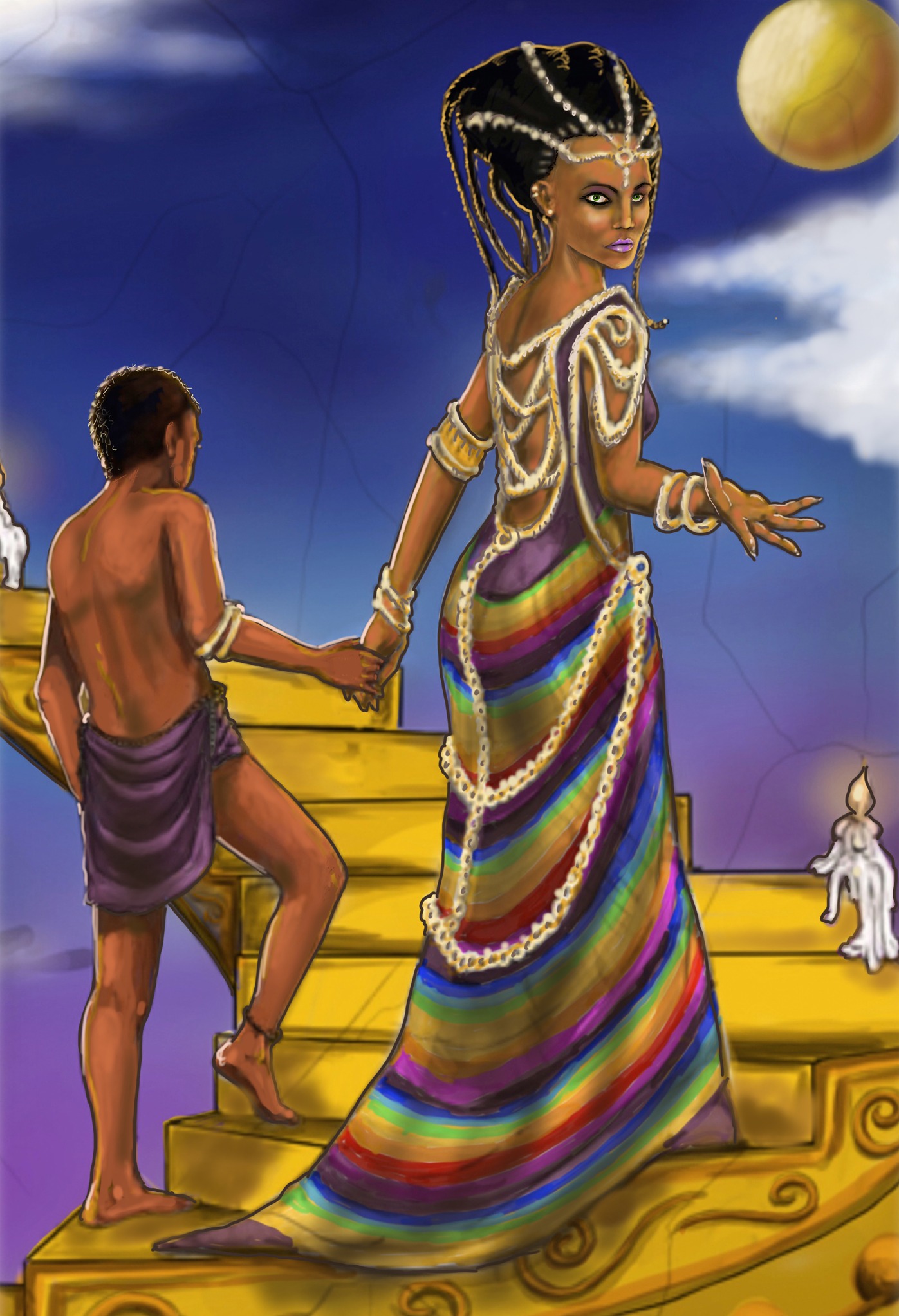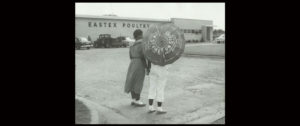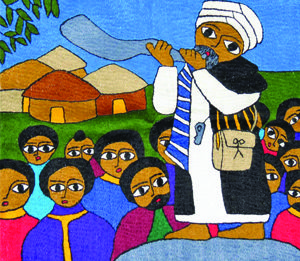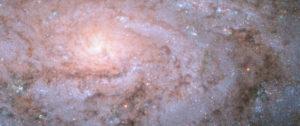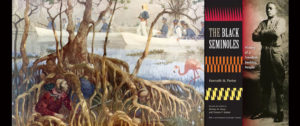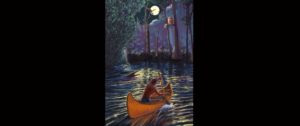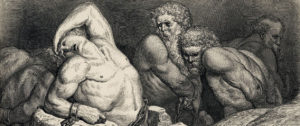In the early 1990s, most of the indigenous Jews still living in Ethiopia were expelled, forced to become refuges in The Sudan, where they came to suffer from exposure to the elements and starvation. On May 24 and 25, 1991, in a stunning rescue, the Israeli government airlifted more than 14,000 Falasha, Ethiopian Jews, to Jerusalem where they were first settled into absorption shelters as the first step of their integration into Israeli society.
Rather than recount or summarize this history, I’ve decided to provide my readers of this blog with excerpts from The Speed of Life that dramatize the ordeals of the refugee Ethiopian Jews. The first excerpt I’ll present comes from Part IV of the novel titled “Ras” and is taken from the second chapter titled “Waiting for the Sun.” The excerpt if metafiction, one of the characters, Abe, has dropped out of medical school, aspiring to become a novelist. This short passage if from his novel.
In the early morning of the third day after our escape from the rebel militia near Al Qadjärif, Mother collapsed. Father built a shelter in a grove of acacia trees, but there wasn’t enough shade to shield her from the sun. By midmorning, she was delirious. When I offered her goat’s milk, Father admonished me.
“We can’t let Mother die,” I said.
“We’ll need that food for the trek to Sannär,” he said.
“There are no Israelis in Sannär! Or anywhere! There is no Canaan!” I said.
My aunt said, “Shame on you, Brother. Addis, listen to G-d. He will provide.”
“THERE IS NO G-D,” I screamed.
Father and my aunt left me alone with Mother.
Mother drank a small portion of milk. By noon the sky was a cloudless furnace. By early afternoon the blaze struck her deaf and blind. She didn’t even know me, calling only for my dead little sister, Lielit, calling her name softly and then softer still until finally she was mute.
The temperature soared past 100 degrees. Time passed slowly, as if the day intended to accentuate each moment of Mother’s suffering and preserve it in my memory forever. By sundown the desert had sucked the moisture from her body, and she shriveled into a fetal position, her corpse already a mummy.
Father cleaned her and wrapped her in burial cloth. “There will be no unveiling for Mother,” he said. “We must dig her grave and erect a cairn.”
As I gathered the stones to cover Mother’s grave, I visualized the grave of my brother Gobide, the grave of baby Lielit, and the graves of everyone else in our family who had died in The Sudan. I imagined that each grave was a landmark leading us back to Ethiopia, into the past, where we would lift each lost life from the ground, revitalizing it with love during our journey home.
I picked up a fallen branch shaped like the Hebrew letter Gimel. Then I saw three Bedouins pointing rifles at me. The one closest to me said something harshly in a language I didn’t understand, and the next moment three bullets shattered my skull, shredding my brain.

